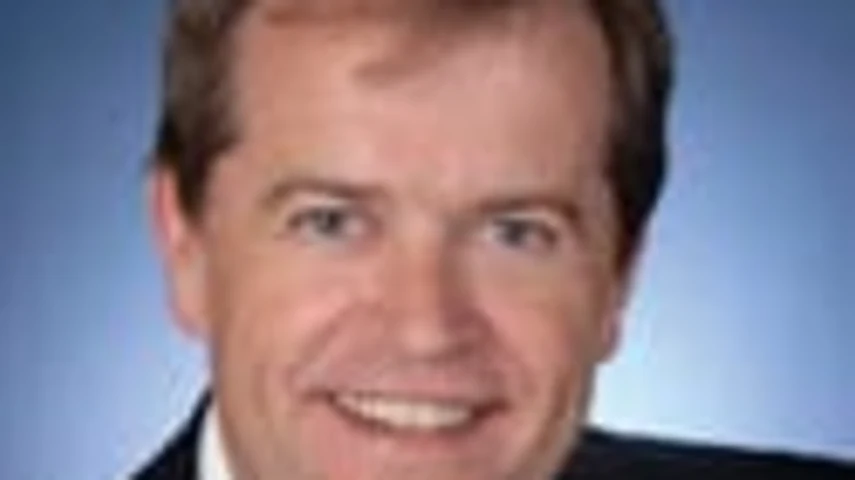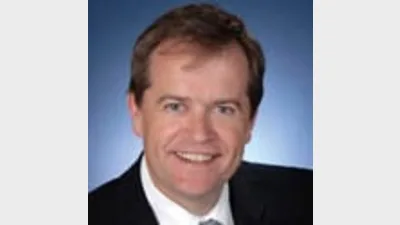Rice Warner to justify $11 cost of opt-in



Rice Warner will present a submission explaining how it arrived at the contentious $11 per client cost of opt-in that was quoted by Financial Services Minister Bill Shorten (pictured) when announcing opt-in requirements in draft Future of Financial Advice (FOFA) legislation.
The financial planning industry has raised questions around the validity of the research - commissioned and paid for by the Industry Super Network (ISN), which has been vocal in its support of opt-in requirements throughout the FOFA consultation process.
"It is clear there is some confusion about this topic, so we thought we would provide a public analysis to clear up all the misinformation," managing director Michael Rice said.
The research is thorough, and looks at the cost of opt-in in isolation rather than the full costs of the FOFA reforms, and the submission will detail how Rice Warner determined the costs per client, he said.
"We took into account all systems development work, and we have held discussions with a few of the major platforms. We amortised these over a reasonable period and also assumed a significant portion of these would be passed on to dealer groups," he said.
One of the contentious issues is that the research ignored all dealer groups outside the top 100 largest groups when arriving at its figure of a total cost to the industry of $46 million initially, and $22 million per annum ongoing.
This is because smaller advice firms tend to use in-house systems that can be easily enhanced, or use external providers who would provide necessary IT enhancements at a modest cost, the report stated.
"Furthermore, the majority of the funds under advice across the industry relate to the top 100 dealer groups… For these reasons, small dealer groups (outside the top 100) have been ignored," the report stated.
Financial Planning Association chief executive Mark Rantall described this as "an amazing assumption", and said to remove the last portion of the industry would tilt any of the results that come from that research.
"We would reject that $11 per client is a reasonable figure for opt-in; even Treasury presented to its estimate committee a cost of $100 per client," he said.
Report author Richard Weatherhead said the number of advisers and amount of funds under advice outside the top 100 dealer groups was likely less than 3 per cent of the industry. Those groups are usually small operators with simple business processes for whom the additional costs of opt-in are likely to be minimal, he said.
Another bone of contention is that the study was commissioned by the ISN.
Association of Financial Advisers chief executive Richard Klipin said he was flabbergasted that the minister could acknowledge the Rice Warner research without attributing it to the ISN, while Rantall also suggested the study was designed for the group that commissioned the research.
"This research was specifically commissioned to tease out the lowest possible number without any reflection on the realities of the actual costs involved," Klipin said.
"The ISN/Rice Warner research is laughable in its brevity and its lack of understanding of the realities of running a financial advisory practice," he said.
Recommended for you
The RBA has made its latest interest rate decision at the the final monetary policy meeting of 2025.
Greater consistency across the ASIC adviser exam has helped boost the number of first-time candidates this year with many opting to sit before undertaking a Professional Year.
Financial advice practice Eureka Whittaker Macnaught is in the process of acquiring three firms to boost its annual revenue to $25 million.
AMP has partnered with Dimensional Fund Advisors and SouthPeak IM to launch a suite of investment solutions aimed at expanding retail access to traditionally institutional funds.











